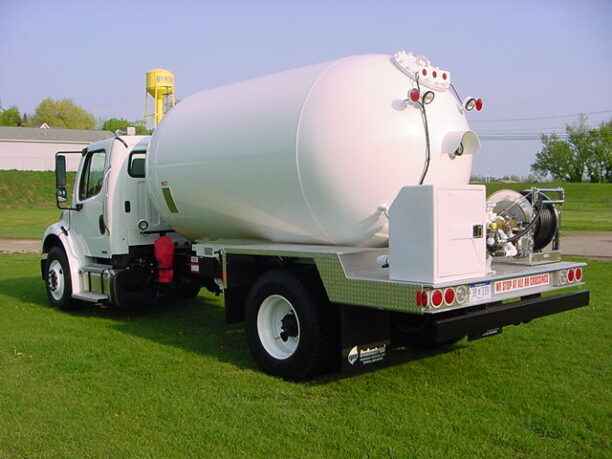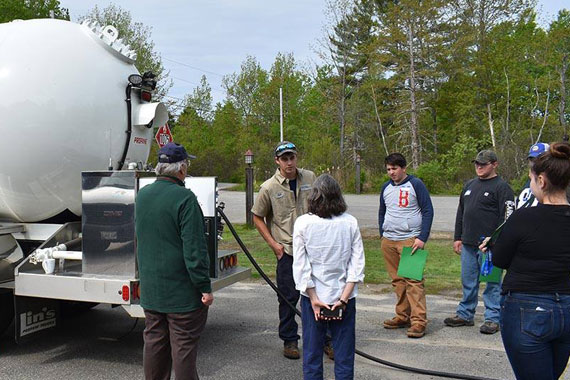Propane Bobtail Truck Maintenance and Best Practices
Bobtail trucks are vital to propane distribution, ensuring that fuel is delivered safely and efficiently to customers. To keep these trucks operating smoothly and to prevent potential hazards, conducting thorough pre-trip inspections is crucial. These inspections not only ensure compliance with safety regulations but also protect your fleet and drivers from unexpected issues on the… Continue reading Propane Bobtail Truck Maintenance and Best Practices


